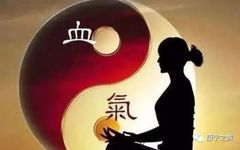In Traditional Chinese Medicine (TCM), blood deficiency, also known as xue xu (血虚), refers to a pathological change characterized by a reduction in the nourishing and moistening functions of blood, leading to a lack of nourishment in the organs, meridians, and bodily structures. This condition indicates a pathological phenomenon of insufficient yin blood within the body. Due to the close relationship between qi (气) and blood, blood deficiency often leads to qi deficiency, and the inability of qi to generate blood further contributes to the formation of blood deficiency.
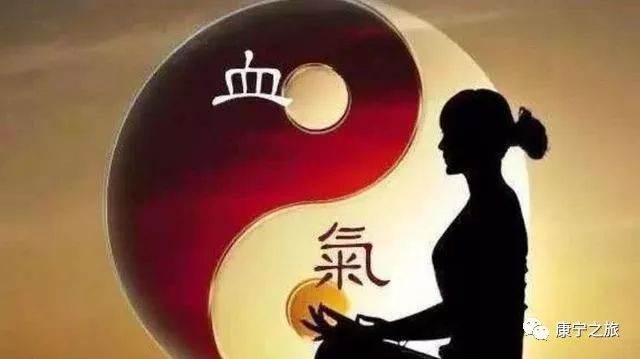
Causes of Blood Deficiency
-
Excessive blood loss, which includes traumatic blood loss, chronic blood loss, and excessive menstrual bleeding in women. When the body loses too much blood over time, it can lead to blood stasis and obstruction, causing further bleeding and affecting the generation of new blood, exacerbating blood deficiency.
-
Poor dietary habits, such as picky eating, overeating, or undereating, can damage the spleen and stomach, leading to malnutrition, which naturally increases the risk of blood deficiency.
-
Chronic consumption. Overexertion, excessive mental strain, and illness can deplete our vital energy, damaging both yang qi and yin fluids, resulting in qi deficiency and blood loss.
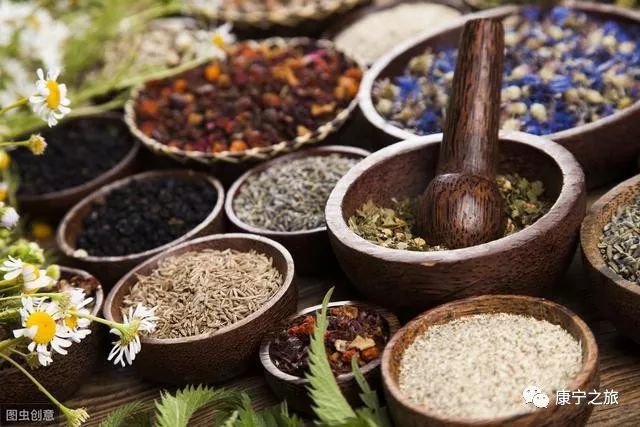
Manifestations of Blood Deficiency
Blood is the essential material basis for life activities in the human body, containing various nutrients necessary for nourishing all organs and tissues. When qi and blood are deficient due to various reasons, a series of symptoms may arise. These can primarily be categorized into two aspects: organ nourishment deficiency and blood failing to carry qi.
Organ Nourishment Deficiency: Common symptoms include pale complexion, pale lips and nails, dizziness, numbness in limbs, muscle spasms, palpitations, insomnia with vivid dreams, dry skin, brittle hair, and constipation or difficulty urinating.
Blood Failing to Carry Qi: TCM holds that blood is the mother of qi, and qi relies on blood for support. When blood is deficient, qi cannot be supported, leading to further deficiency. Therefore, blood deficiency is often accompanied by qi deficiency, with patients exhibiting not only symptoms of blood deficiency but also signs of qi deficiency such as shortness of breath, low energy, quiet speech, fatigue, and spontaneous sweating.
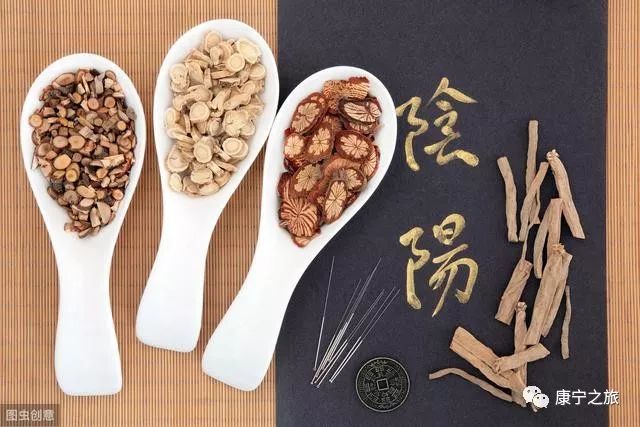
Common Clinical Manifestations of Blood Deficiency
Palpitations in Blood Deficiency: Symptoms include palpitations, dizziness, insomnia with vivid dreams, pale complexion, fatigue, pale red tongue, and weak pulse. Treatment principle: Nourish blood, support the heart, and calm the spirit.
Chronic Fatigue with Blood Deficiency, primarily with heart and liver blood deficiency symptoms:
-
Heart Blood Deficiency: Symptoms include palpitations, forgetfulness, insomnia with vivid dreams, pale complexion, pale tongue, and thin or irregular pulse. Treatment principle: Nourish blood and calm the spirit.
-
Liver Blood Deficiency: Symptoms include dizziness, tinnitus, flank pain, restlessness, irregular menstruation, amenorrhea, and in severe cases, skin issues, pale complexion, pale tongue, and thin wiry pulse. Treatment principle: Nourish blood and support the liver.

Dizziness in Blood Deficiency: Symptoms include dizziness that worsens with movement, exacerbated by exertion, pale complexion, pale lips and nails, often accompanied by fatigue, low energy, palpitations, and insomnia. Treatment principle: Nourish blood, support the heart, and calm the spirit.
Headaches in Blood Deficiency: Symptoms include dull headaches, worsened by exertion, pale complexion, palpitations, fatigue, and poor appetite. Treatment principle: Nourish qi and blood.
Constipation in Blood Deficiency: Symptoms include dry stools, difficulty in passing, fatigue, pale complexion, dizziness, palpitations, pale lips, and thin pulse. Treatment principle: Nourish blood and moisten the intestines.
Hemorrhagic Disorders in Blood Deficiency: Symptoms include epistaxis, or accompanied by gum bleeding, fatigue, pale complexion, dizziness, tinnitus, palpitations, and weak pulse. Treatment principle: Tonify qi and stabilize blood.
Fever in Blood Deficiency: Symptoms include fever that is worse at night and milder during the day, palpitations, fatigue, pale complexion, pale tongue, and thin rapid pulse. Treatment principle: Clear heat and nourish blood.

How to Nourish Blood Deficiency
Dietary Nourishment: Individuals with blood deficiency should regularly consume foods that nourish blood, such as spinach, peanuts, lotus root, black fungus, chicken, pork, lamb, and sea cucumber. Fruits like mulberries, grapes, red dates, and longan are also recommended.
Mental Nourishment: Those with blood deficiency often experience low spirits, insomnia, forgetfulness, and difficulty concentrating, so it is important to focus on mental clarity and concentration.
Herbal Nourishment: Regular consumption of Dang Gui (当归) blood tonic soup, Si Wu Tang (四物汤), or Gui Pi Tang (归脾汤) is beneficial. If both qi and blood are deficient, a combination tonic like Ba Zhen Tang (八珍汤) should be used. Shi Quan Da Bu Tang (十全大补汤) or Ren Shen Yang Rong Tang (人参养荣汤) can also be modified into pills for long-term use.
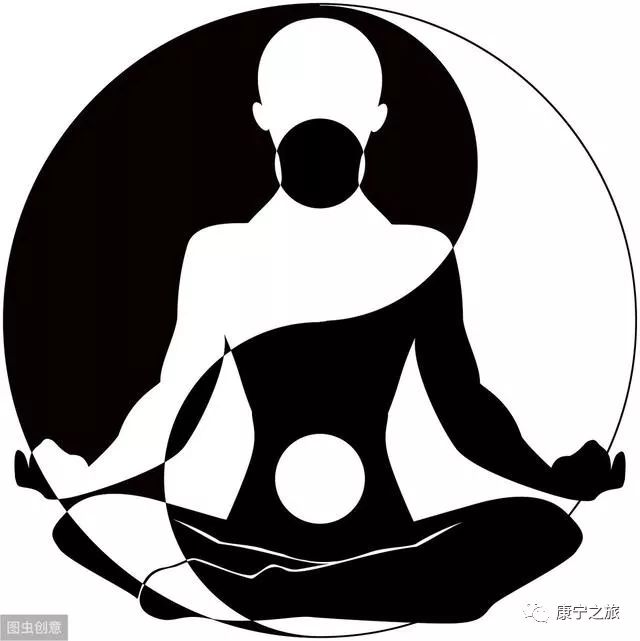
Herbal Supplements: Common blood-nourishing herbs include Dang Gui (当归), Shu Di Huang (熟地), Chuan Xiong (川芎), and Bai Shao (白芍). These herbs can be combined with blood-nourishing foods to create delicious medicinal dishes, such as Dang Gui Lamb Soup (当归羊肉汤) or Si Wu Chicken Soup (四物鸡汤), which have excellent blood-nourishing effects.
Eye Care: Traditional Chinese medicine believes that “prolonged viewing injures blood,” so individuals with blood deficiency should pay attention to resting and caring for their eyes to prevent excessive strain that depletes qi and blood. TCM holds that “the liver opens to the eyes,” and the health of the eyes depends on the liver’s ability to store blood. Therefore, one should avoid prolonged reading or computer use to prevent “prolonged viewing injuring blood.”
Daily Living: Individuals with blood deficiency should avoid overexertion. The blood supply to the brain relies on the heart, and our blood circulation is related to the heart. Excessive worry and fatigue can deplete heart blood, which undoubtedly exacerbates the condition for those with blood deficiency. Therefore, it is important for blood deficiency patients to avoid excessive worry and not overexert themselves. Additionally, TCM believes that our eyes are closely related to the liver, so cultivating good visual habits is beneficial for nourishing blood deficiency, specifically by avoiding prolonged focus on objects.

Important Reminder:
① The specific medications for symptoms not mentioned in this article are for clinical reference only; specific symptoms should be diagnosed based on TCM principles.
② Some images are sourced from the internet.

